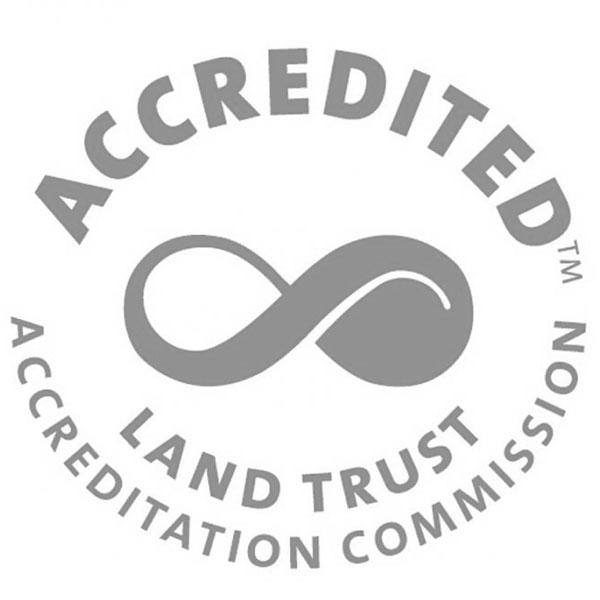Unsinkable Shore Draws 200
The 14th Eastern Shore Planning Conference, Unsinkable Shore: Regional Resilience and Prosperity, Thursday drew about 200 people to the Tidewater Inn in Easton. ESLC Deputy Director Amy Owsley said she was impressed and encouraged by the energy and interest around climate change action for the region. A morning conference poll showed that participants overwhelming view climate change as a priority issue for local and regional action. Eastern Shore Land Conservancy thanks its speakers, sponsors, presenters, volunteers and attendees for making this one of the most successful planning conferences to date. Yesterday, Eastern Shore leaders came together to start a regional conversation about preparing agriculture, infrastructure and towns for projected climate changes. “The Eastern Shore has demonstrated again and again its ability to evolve without changing the core of who we are as a region,” Owsley said. “While our lands may be taking on water, the Eastern Shore character and spirit is undeniably unsinkable. Together, we can find ways to build resilience and find opportunities in the changes we face.” Since 1990, ESLC has helped to preserve nearly 54,000 acres on Maryland’s Eastern Shore. Additionally, we support strong land use policies that protect our farms and rural landscapes. More recently, we have worked in partnership with Shore towns to help create open spaces and trails, to help use green designs to manage stormwater, and to use community design to help revitalize downtowns. ESLC recognizes that climate change can be a controversial topic. While we believe scientific data supports that the climate is changing, on this and all the tough issues facing the region, ESLC welcomes and respects all perspectives. Speaker presentations, a conference summary, and information on upcoming opportunities to continue the discussion on climate change resilience on Maryland’s Eastern Shore soon will be available on our website, eslc.org.






